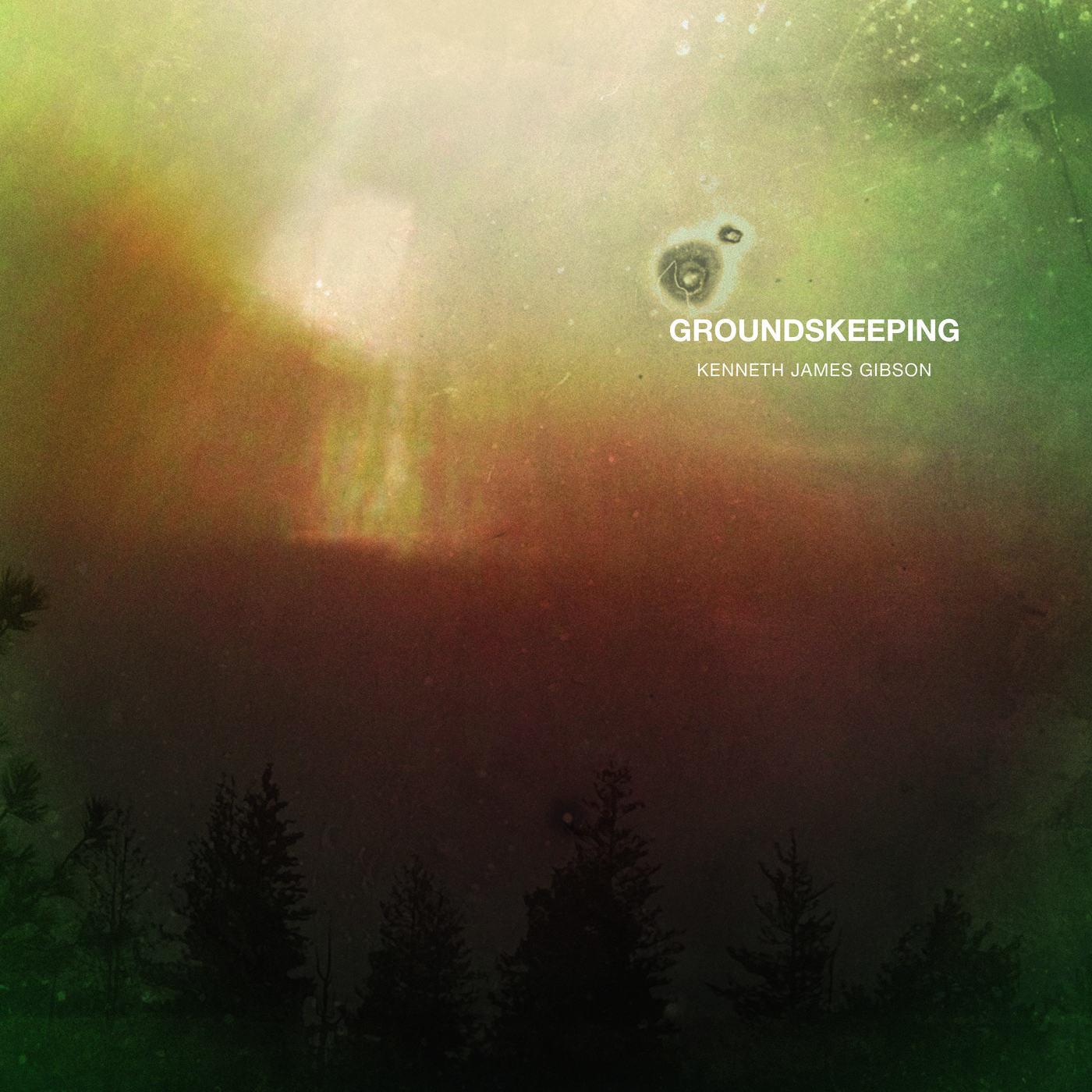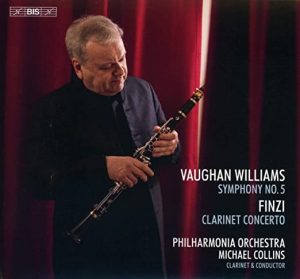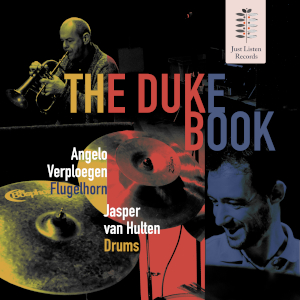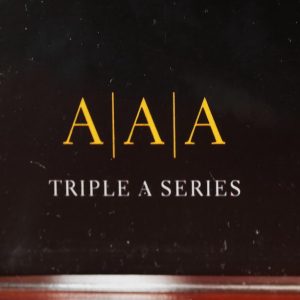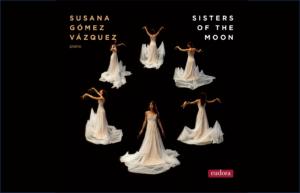
I love it when an albums' sound is so fresh and mysterious it challenges my ability to classify it. My dear friend and editor Dave Clark recommended Fhloston Paradigm's The Phoenix, knowing my taste (and his) for experimental electronic music. I would definitely call The Phoenix experimental. However, I'm not sure if this record is in fact 'electronic'. It could be found-sounds, or recorded entirely using analog synthesizers and real drums (or organic drum samples). I'm just not sure. One great thing about it: The album's so captivating I don't care about the methodology employed in its creation. As a matter of fact I'd rather not know how they made The Phoenix, until I get to hear Fhloston Paradigm live! That may never happen, so I embrace my ignorance when it comes to the recording process of this artful LP. That's part of its mystique, so those of you seeking answers as to it's compositional make-up and execution should seek it elsewhere. I'm merely going to try and share my impressions, feelings, and observations while listening to this unique sonic marvel of an album! I will say this: I think it's a headphone record; meaning it was made for headphone listening—and that makes it more like candy for this kid in an audible candy store than anything else. Now how bad can that be? Whatever it is: It's downright fun to listen to.
The one thing I do know of any significance is that the vacation world presented in the cult-classic film The Fifth Element was called Fhloston Paradise. I have my good friend and partner in Audio360.org Warren Chi for that nugget of instant generational connective-ness! When Warren said that to me I almost fell out of my chair, because before hearing about that I intended (and go on to) describe this sound as "space music". By that I mean the sort of releases found on Cyber Octave, or Michael Stearns work for the Hearst of Space catalog. Stearns is also the composer of the soundtrack to the film Baraka. In addition: His work appeared in the original CD sampler for The Absolute Sound entitled Hearts of Space. There's also flavorings of Tom Vedvik-style movements (on Cyber Octave)—I hear some similarities to his Slowdiver and Sutra Spin LPs. Though Stearns and Vedviks' music is more real-world/nature oriented, they also utilized synths and other tools that electronic dance music (or "EDM" as all the bandwagoneers call it now) artists use.
Now, whether I'm rocking my state-of-the-art planar magnetic Audeze LCD-X or my affordable Sennheiser Momentums (also killer headphones) The Phoenix is always a blast to imbibe. The opening track "Portal 1" sounds like, well, what I imagine a portal might sound like! There's a repeating progression that sounds like a helicopter blade slowed down—which creates this sensation of being in the middle of something spinning—like a sonic whirlpool. This sound, or, more accurately, sounds, spin around the soundstage while other synth stabs and effects fill in the gaps for two minutes. It feels like an introduction to a crazy sonic joyride. There are these soothing hovering synths hangin' behind the bladed action that remind me of Michael Stearns and Tom Vedviks' work. It's like a lil' slice of musical chaos blanketed in velvety, ethereal synthesizers. Sound like something you might enjoy? Buy the ticket, take the ride (yeah, we all know I didn't make that one up). Most of the tracks are pretty damn short. I'm guessing this is the case because the music may correspond to the images of The Fifth Element during the space travel scenes—heading to Fhloston Paradise on a space ship. My friend sent me a Youtube link where you're given a cue point to start the video. I remember when we were doing this with The Wizard of Oz and Pink Floyd's Dark Side of the Moon in high school.
Well, because this may (or may not) be a coincidence I'm sticking with discussing the album without the visual aid. Though I recommend giving it a shot. I was thoroughly entertained! Anyway—past the carnival ride-like effects of track 1 the sound morphs into these wicked synth lines framed in a pounding horse-trot kick and glistening spacey soundscapes. The Phoenix is certainly a journey you wannadedicate some time to in order to fully absorb its magic. From the bouncy keyboards and wildly spacious sandstorm-sounding passages of "Race to the Moon" to the future r&b sway and hooky chorus of "Never Defeated" this LP provides a spectacularly entertaining listening sesh. I caught myself jumping up and down on the couch like a schoolboy while listening and finishing this review. It's also nice to get another taste of opera singer Plava Laguna's chops. I think it's her! She played the alien opera singer in The Fifth Element and how fitting: Her character was the guardian of the ultimate weapon designed to save Earth from alien attacks and she's got the angelic voice to match. There are also wide-open outer space breaks with these seemingly random sci-fi effects pinging and popping and rolling across the soundstage (though they are melodic—it's not complete chaos). This is the kind of music I could throw on anytime and bump. I can get lost in these alien soundscapes. I can't enough of this stuff. The album's like a new sonic adventure every time I toss it on. It breaks up the audible monotony of sameness filling the pop charts today. Its like a sheet of sonic acid tabs—though not the brown acid. It's the happy stuff.
The record also sounds terrific. I have it in Red Book CD quality (44.1kHz/16-bit) which I play using Amarra Symphony, and I've also streamed it often via Spotify Premium. I also love the concept of this being a headphone album. It may just work out really well in that capacity—but either way, it's something to enjoy and test the sonic limits of your system. It's also a great album to wow your friends with. See how they feel about their Apple earbuds after playing this through a decent pair of over-ear headphones. They'll curse and love you for it. Me? It's not leaving my hard-drive, and I loaded it up on all my DAPs last night. Fhloston Paradigms' The Phoenix gave me exactly what I needed when I sat down and listened to the whole album: A great escape. That's part of the magic of music: How it can transport you elsewhere. Give this trip a shot. I don't think you'll regret it.







